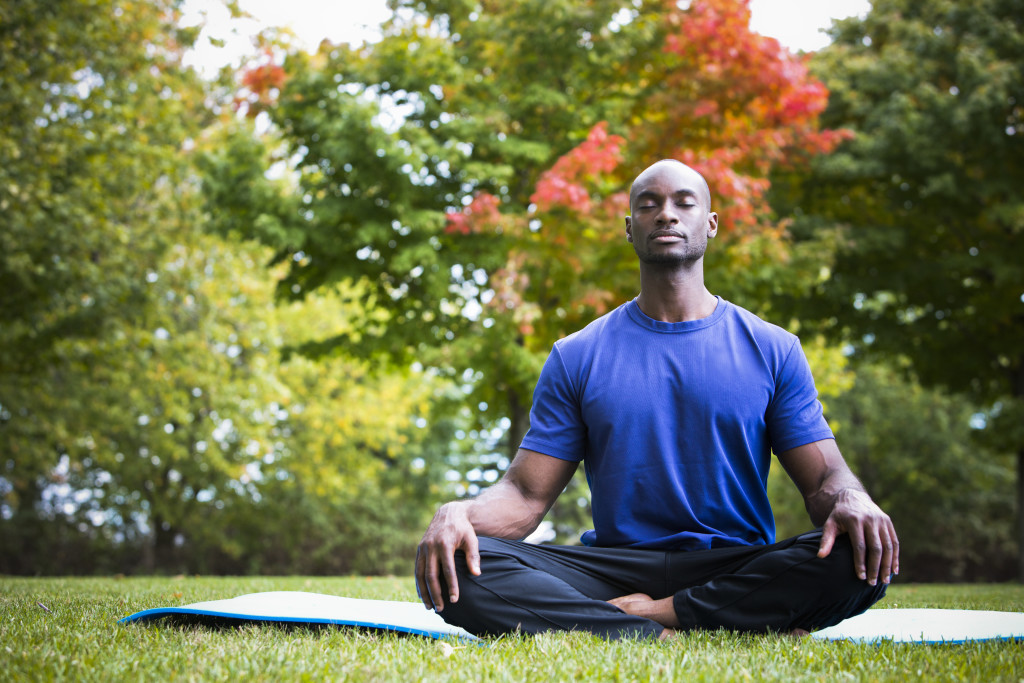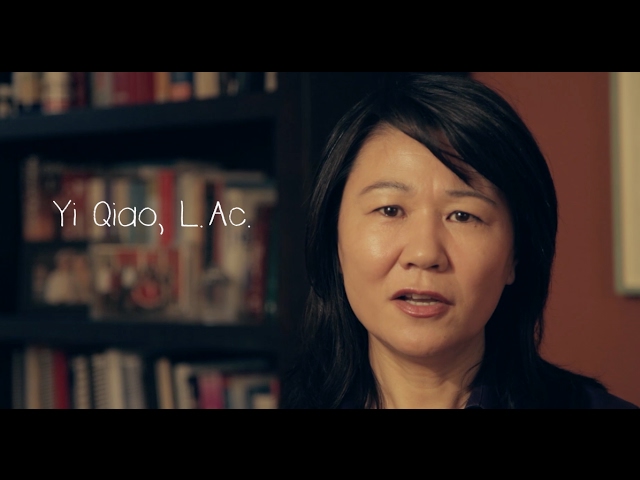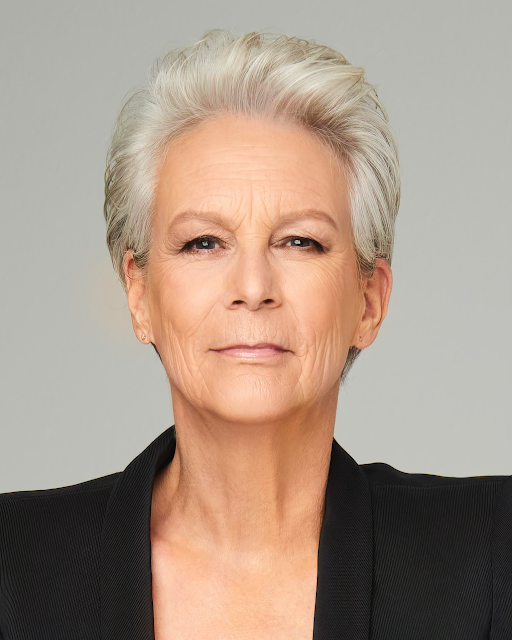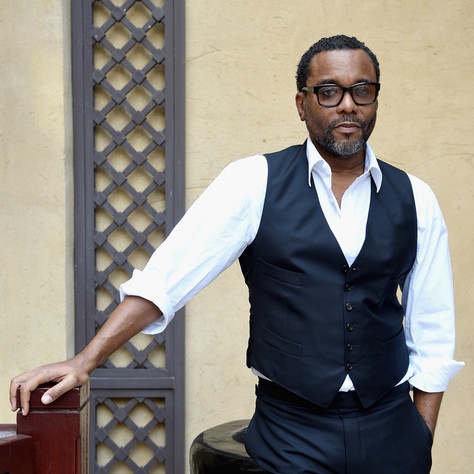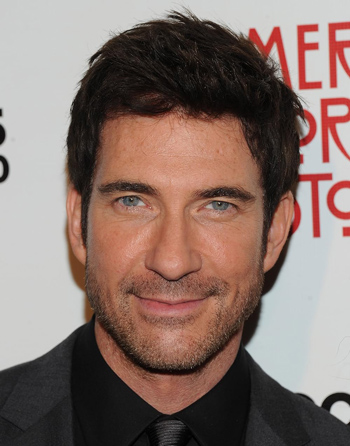By Kevin Kunkel, MA, CMT, CYT, LMFT
A part of me can cringe at the phrase “get in touch with your feelings.” The words can be associated with an image of someone who is too soft, docile, or a pushover. A part believes the traditional image of the Marlboro Man will always be the real masculine: sturdy, tough, nonreactive, and non-emotional. Childhood images, or the ways of our own fathers, can be hard to die. This can make the hype around getting in touch with your feelings seem like a new-age movement akin to learning the ever changing newest way to be PC (politically correct) in our modern era.
However, the science around the benefits of learning to identify and express our emotions is evident and always a call to action in this area of becoming more emotionally attuned. Healthy interactions with others, especially emotional interactions, affect our own biological functioning, and thus our health, in myriad and subtle ways. Emotional intelligence has been proven to be linked to successful leadership within businesses. Healthy and satisfying relationships are often correlated to the level of emotional attunement the partners experience.
It is helpful to understand a way of cultivating the skill of being emotionally intelligent without losing one’s inner warrior. Robert Bly, in his book Iron John, details the recent history of man evolving from the 1950’s masculinity being a cold, unemotional type of sturdy, to the 1960’s response of cultivateing the emotional side of man, as if that would be the healthier way of being. Yet, by the 1990’s it became evident that this response was also not the answer as it cultivated a subset of men that lost touch with their inner warrior and king, to speak archetypal. The answer, or the middle way, he goes on to describe as the ability to be true and authentic to what your inner experiences are in the moment. If it’s sadness or grief, be sad and grieve. If it’s stressed out or hurt, even emotionally, then pay attention and respond to this intelligently without shame or inhibition. To have the strength to honor and fully express whatever is going on in your inner experience is a sign of strength and integrity, needing to negate neither the warrior or any other part of what it means for you to be a man.
This is an important distinction as it meets the need of many relationships and provides the ability to succeed at both work and home. Many partners want their man to have both the sensitivity and the warrior energy as needed in the bedroom and within their relationship. Today’s high stress environment demands men be more sophisticated in their ability to identify stress and emotions and have effective responses and tools to work with the natural emotions of life. This takes both the skill to identify and express one’s emotional state, and the toughness to navigate the business world.
The first place to start is learning to be still, silent, and listen to one’s inner experience. If you aren’t aware of your own subtle inner experiences, you will be throwing darts in the dark at how to move forward in improving your relationships and your productivity and success. One must always assess any situation first; mindfulness is your assessment. You cant truly be empathic of others experience if you are not first aware and empathic of your own experience. There are a plethora of mindfulness training or yoga classes that can help one begin to learn how to listen inwardly, including Akasha’s own Intro to Mindfulness classes which teaches specific skills on dealing with one’s inner landscape. Two popular mindfulness meditation apps that make it a step-by-step, practice for anyone to begin with at home are: Headspace, and Calm. For many men who struggle to find role-models of healthy masculinity, it may be helpful to get an introduction to masculine archetypes. This can help one work through one’s personal understanding of what it means for them to be emotionally attuned and the strong sturdy protector. A good introductory book on this is: “King Warrior Magician Lover” by Robert Moore.
I encourage you to reach out with any questions or comments regarding this path, and to check with our front desk about our next Intro to Meditation class and ongoing mindfulness meditation classes.
–
Kevin Kunkel, is a Somatic Therapist at the Akasha Center for Integrative Medicine. You can schedule an appointment by calling at 310-451-8880 or emailing us at info@akashacenter.com


